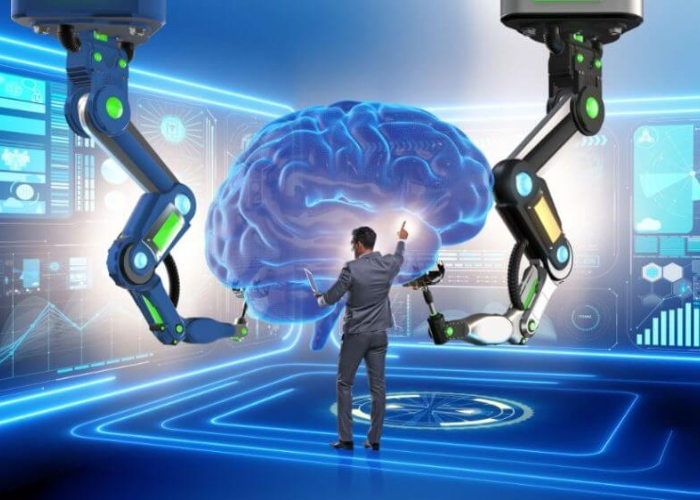Artificial Intelligence (AI) is a rapidly expanding field of computer science that is revolutionizing the way we live and work. AI has the potential to automate mundane tasks, improve decision-making, and revolutionize the way we interact with technology. AI is also transforming industries, from healthcare to finance, with the goal of making them more efficient and effective. In this blog, we will explore what AI is, the benefits it can bring to our everyday lives, how it is transforming industries, and the potential challenges that may come with its implementation.
What is Artificial Intelligence?
At its core, Artificial Intelligence is the ability of a computer to carry out tasks that normally require human intelligence, such as visual perception, speech recognition, and problem-solving. AI works by taking large amounts of data, analyzing it, and deriving conclusions from it. This data can come from a variety of sources, from sensors to databases. AI algorithms are then used to interpret this data and make decisions based on it. AI is used in a variety of applications from autonomous vehicles to healthcare diagnosis and treatment.
Benefits of AI in Everyday Life
AI has the potential to benefit our everyday lives in a variety of ways. AI can automate mundane tasks, freeing up time for more creative and productive activities. AI can also be used to make decisions based on real-time data, helping to increase efficiency and accuracy. AI can also be used to improve customer service, providing faster and more personalized responses. AI can also be used to improve safety, for example by monitoring traffic patterns and alerting drivers when to slow down or take a different route.
How AI is Transforming Industries
AI is revolutionizing a variety of industries, from healthcare to finance. AI can be used to automate mundane tasks, such as customer service, freeing up resources for more creative and productive activities. AI can also be used to carry out more complex tasks, such as diagnosing diseases and predicting stock market trends. AI can also be used to improve decision-making, providing real-time data and insights to businesses.
Potential Challenges in Applying AI
While AI has the potential to revolutionize the way we live and work, there are also potential challenges that come with its implementation. AI algorithms are only as good as the data they are trained on, so it is important to ensure that the data is accurate and up-to-date. AI algorithms can also be biased, as they learn from the data they are trained on, so it is important to identify and address any potential biases. Finally, AI requires a large amount of computing power, so it can be expensive to implement.
Conclusion
AI is a rapidly expanding field of computer science that has the potential to revolutionize the way we live and work. AI can automate mundane tasks, improve decision-making, and transform industries. However, there are potential challenges that come with its implementation, such as ensuring the accuracy of the data and the potential for bias. Ultimately, AI is just one tool in the arsenal of computer science and its potential is still being explored.




